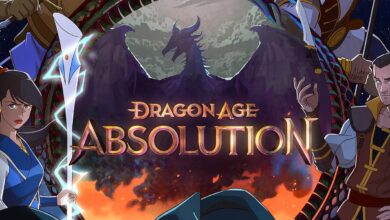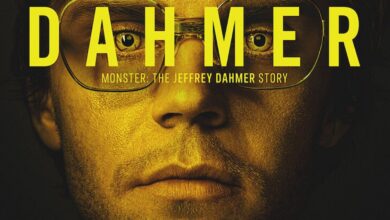The Witcher Season 3 Volume 2 Review: Stumbles from Start Turn and Close on A Very Positive Note
Cast: Henry Cavill, Anya Chalotra, Freya Allan
Creator: Lauren Schmidt Hissrich
Streaming Platform: Netflix
Filmyhype.com Ratings: 3.5/5 (three and a half stars)
The Witcher Season 3 Volume 2 finally premiered on Netflix. We had parted ways at the end of June (our analysis here) with Dijkstra pointing a dagger at Geralt’s throat and, above all, with the revelation that the obscure instigator of the hunt for Ciri is none other than Vilgefortz, Tissaia’s lover. As already highlighted in the last review, this third season had to deal with the heavy legacy left on the field by a bad second cycle of episodes, as well as with the news that led star Henry Cavill will be replaced by Liam Hemsworth. An announcement arrived too early: over 15% of viewers did not even undertake the vision of season three, in the belief that the passing of the baton had already taken place. For its part, Netflix ran for cover with an advertising campaign aimed at informing the public of the fact that Cavill still plays the role of Geralt, but at this point perhaps it would have been better to completely reconsider the choice of the future interpreter! However, net of these unpleasant extra-narrative vicissitudes, the first five episodes of The Witcher Season 3 convinced us and marked a pleasant realignment with the narrative of Andrzej Sapkowski’s novels.
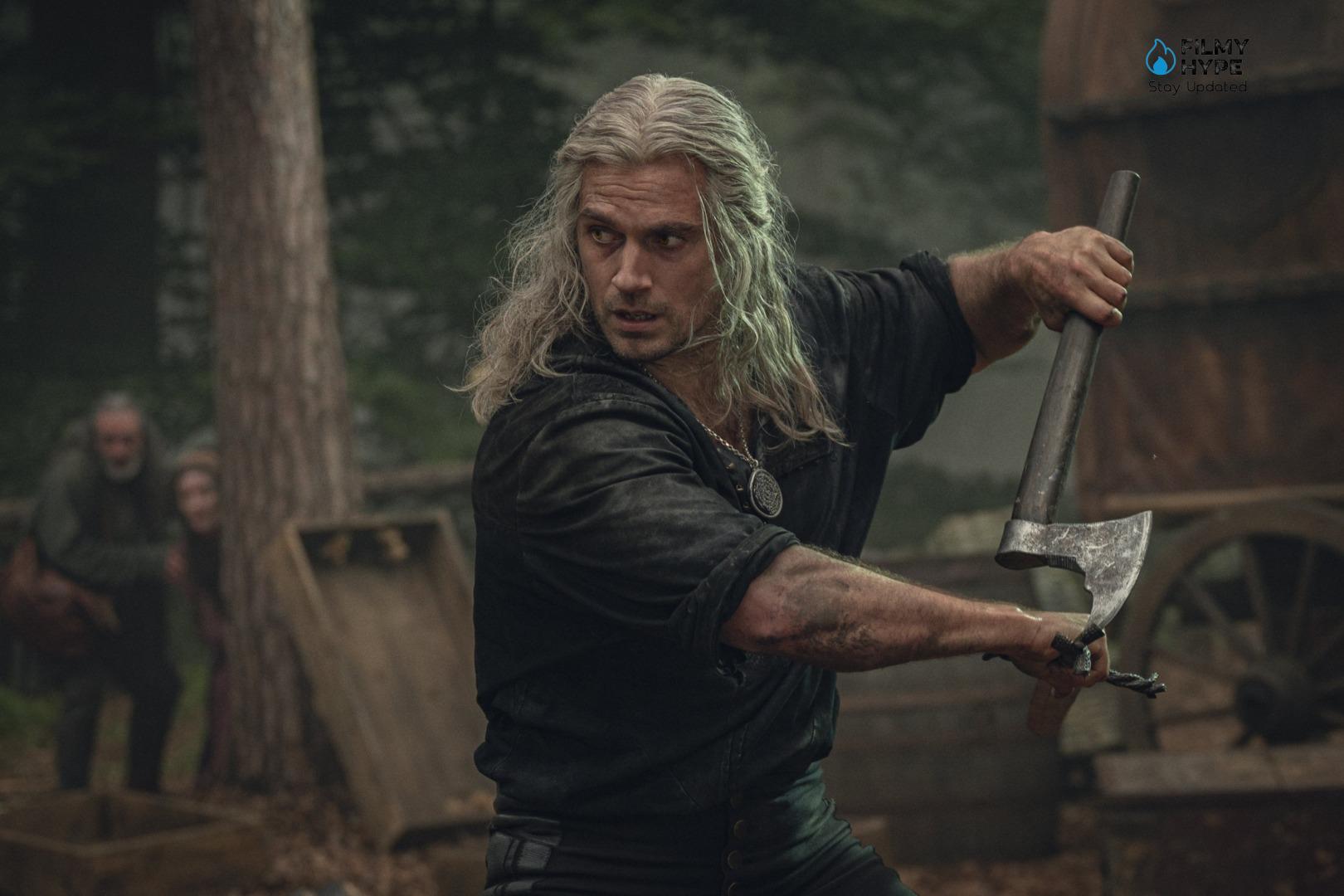
The Witcher Season 3, released in the most delicate period for the Netflix show, had to deal with various problems. In this sense, the priority was to close the internal dispute with the production after the farewell of Henry Cavill, but not only: in the face of disappointed fans and spectators for various reasons, showrunner Lauren S. Hissrich had no more excuses or accusations to which hang on to keep the helm of the show. Surprisingly, these 8 episodes appeared largely convincing, both in terms of writing and in terms of production. If nothing else, after a disappointing second season, the course of the episodes resumes the narration of the novels by Andrzej Sapkowski, making the main thread of The Time of War the narrative to follow. Although the result of the adaptation is far from perfect, at least in these terms, it would be foolish not to consider the collective effort on the part of the cast and crew in bringing to the screen an extremely intriguing and complex tale like the Thanedd Heist.
The Witcher Season 3 Volume 2 Review: The Story Plot
The new installments open with the constant flight of Geralt (Henry Cavill), Yennefer (Anya Chalotra), and Ciri (Freya Allan) from the numerous forces intending to take possession of the girl. While Ciri continues her training, the Continent is in turmoil: the empire of Nilfgaard, under the orders of Emperor Emhyr Var Emreis (Bart Edwards), is carrying out its machinations to recover the young princess of Cintra, while Redania weaves their plots under the careful analyzes of Dijkstra (Graham McTavish) and Philippa Eilhart (Cassie Clare). With the evil wizard Rience (Chris Fulton) hot on his heels, Geralt’s job is to figure out who might be behind this frantic quest and why Ciri might be exploited, sparking a conflict that will inevitably lead him to the side. Yennefer, meanwhile, is convinced to take Ciri to the wizards of Aretuza to allow her to better control her immense powers. No one can predict what maze of intrigue awaits the protagonists, between deceptions and betrayals that mix with twisted power games.
The series of events that leads to the famous Thanedd coup is the central fulcrum of the narrative, exactly as in the novel from which the episodes take inspiration. In this specific case, the most interesting dynamics are those concerning Redania, the most active of the Northern Kingdoms, led by King Vizimir (Ed Birch) and manipulated by his advisers Dijkstra and Philippa Heilart. However, the turn of events leads Prince Radovid (Hugh Skinner), the King’s younger brother (and not a son, as in the books and video games), to emerge. Power, revenge, and greed are the main drivers of the events in a crucial moment for the entire saga, in which everyone is desperate to get something for their discoveries and needs Ciri to succeed in their intent. Between interesting nods to forces acting in the shadows, new characters who could get big space in the future, and epochal upheavals, nothing will be the same again.
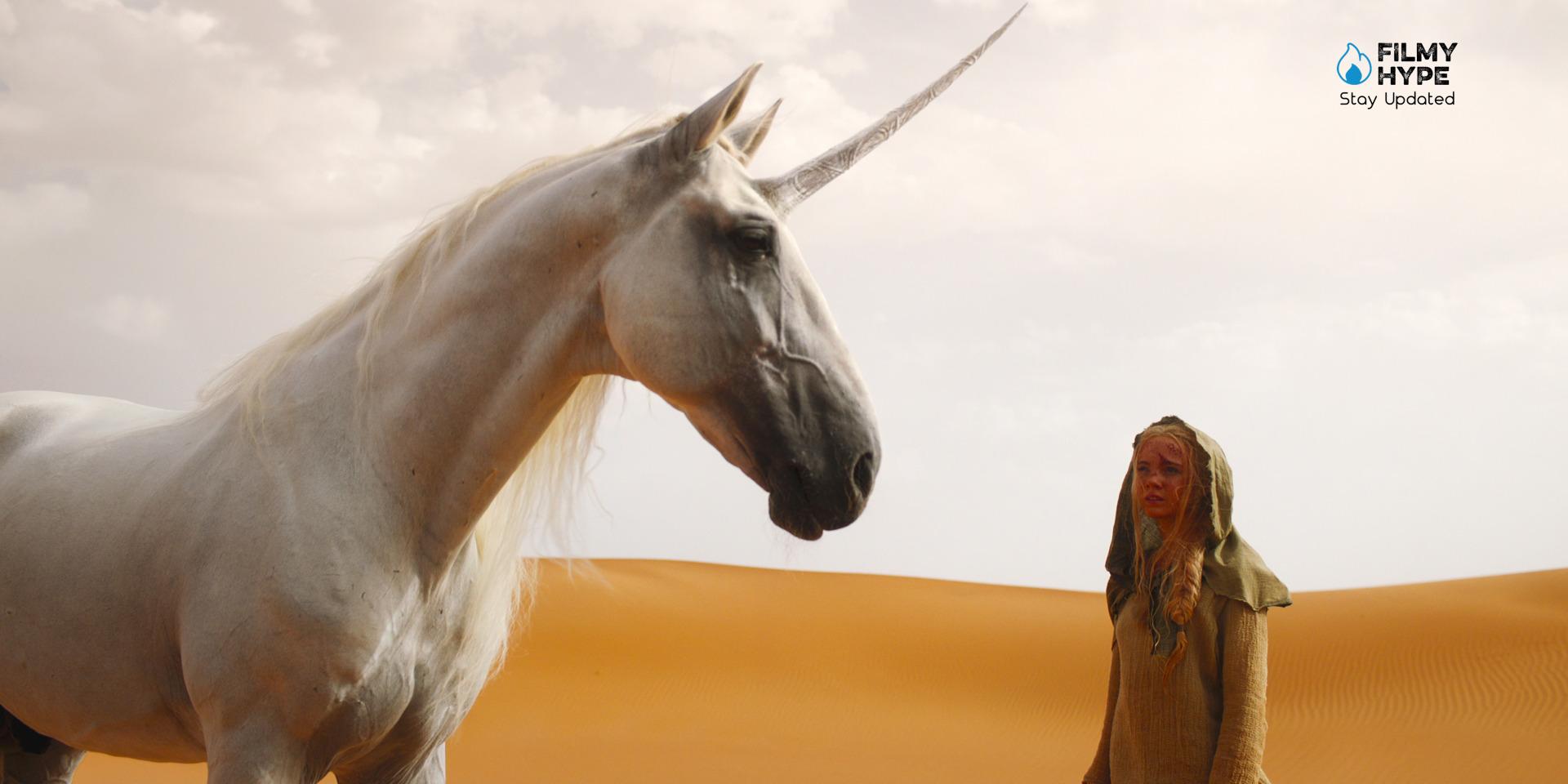
Even more than usual, in these few lines, we will try to give you just a taste of what awaits you on Netflix, without going into spoiler territory. The second part of The Witcher Season 3 is made up of only three episodes which, as expected, are crowded with twists, duels, and unexpected deaths. After capturing Geralt, in the tower of Aretuza, the armed forces of Redania led by Dijkstra and Philippa try to make their move against the traitorous wizards loyal to Nilfgaard by taking advantage of the favor of the night. Someone, however, has anticipated their plans, and soon the Academy of Magic will become the scene of a bloody battle without a quarter. Soon Geralt, Yennefer, and Ciri will have to fight against old and new enemies, and the precipitation of events will force them to separate. And so, left alone and forced to fight for survival in the scorching desert of Korath, Ciri will have to deal with the darker side of her legacy before she receives unexpected help. Meanwhile, the entire political scenario of the Continent will have to deal with the consequences of the events of Aretuza, and the war between the Nilfgaardian empire and the northern kingdoms will become inevitable.
The Witcher Season 3 Volume 2 Review and Analysis
It is no coincidence that these episodes are decidedly more enjoyable than last season. Much of the credit is due above all to the more concrete approach toward the narration and the events covered. Stephen Surjik’s spectacular and hyperkinetic direction keeps the pace very high right in the initial episodes, while the directorial sector of the other episodes alternates between some interesting gimmicks and mere exaltation of the fights by Wolgang Stegemann, the stunt coordinator of the very first episode of the series, back in a big way style for Cavill’s farewell. Despite a sometimes-excessive use of grips, turns, and reverse grips (handling of the blade opposite to normal), which although they help to enhance the choreography risk being redundant, this season’s fights are certainly the best so far. Added to this is also a massive use of visual effects, especially in the last few episodes, which again shows big steps forward in terms of quality – except for a couple of situations in which it was really difficult to manage so many elements on the screen.
The rhythm of the first part, vibrant and tight, occasionally gives way towards the end in the face of the classic problem of fragmented management of situations. A pity, since until the end, especially with the peak of the sixth episode, the show managed to maintain control without much difficulty. With a context that music, sets, and costumes improve the good shown in past years, the work makes the right changes to find its center – managing to guarantee an excellent stylistic result that will make those who want a dirtier and more gloomy touch turn up their noses. The progress of the episodes is therefore extremely intense, full of elements presented and situations that rarely lead to dead times.
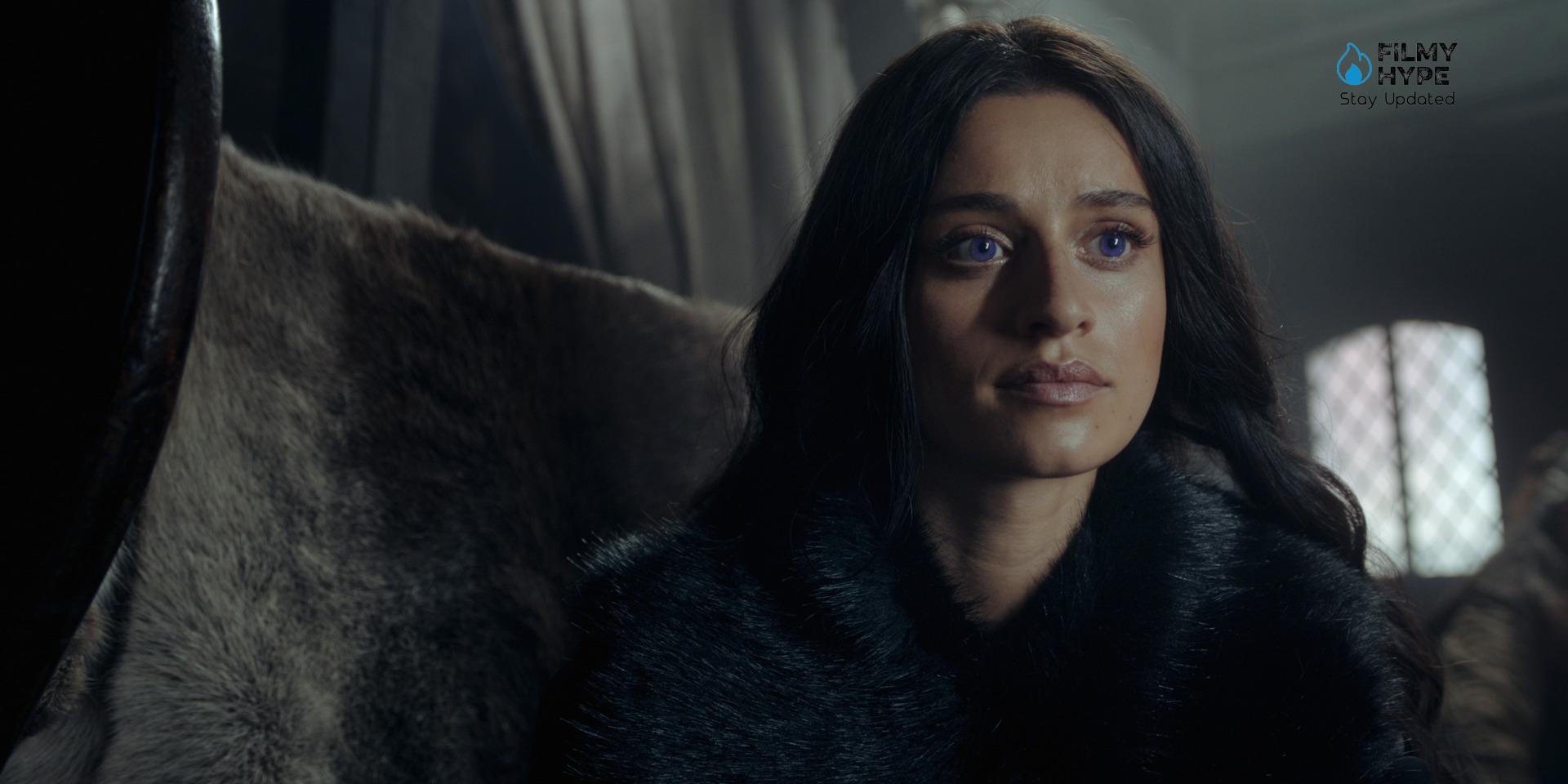
Also in this case, the last episode is perhaps the one that most of all is anti-climactic: in an episode that has definitively consecrated Freya Allan’s Ciri, to her best interpretation of the character, the slightly diluted management of some events has dampened the initial enthusiasm. If we think of the apparent commitment shown in preserving the spirit of the work, it is sad to see the series stumble even in its best moments due to authorial management that is not up to the original work. Cavill’s long-awaited farewell, billed as epic and iconic, never quite convinces. If not even such an important effort is enough to convince fans, it is certainly not the fault of the material itself. In an attempt to embrace as much audience as possible, the series has probably signed its sentence: when the first season had satisfied the fans with its gimmicks, The Witcher decided to drastically change course to satisfy the platform’s casual viewers, who had not understood the separate timelines and asked for something more linear and less gloomy.
When the show completely derailed with the second season, the general public appreciated the new episodes (at that point very close to being more “the great Netflix fantasy product” than the adaptation of Sapkowski’s works), while the fans arose. This continuous and unstable contrast of views has led the show to completely lose its identity in an attempt to please everyone indiscriminately. Although the third season is right to retrace its steps, focusing with conviction on its strengths, the result seriously risks being useless. Even saving what can be salvaged, the difficulties of a writing room continue to emerge which has never been able to adequately handle the reference material, and it won’t be a decent season to make up for the shortcomings and problems that will come – it would be enough to think of Radovid’s character management to understand how unclear the authors have certain fundamental dynamics of the world of The Witcher.
Every flash or interesting idea alternates with an addition, a miscasting, or an element that makes you turn up your nose. The conflict between adaptation and subjective direction is evident, and it is very sad if we think of how much it was possible to move without running into any problems. Sapkowski’s world leaves so much space that it would be possible to create something new practically anywhere. It is no coincidence that underdeveloped characters like Tissaia have succeeded in a big way, while others like Cahir make less and less sense. With a different mind and a more organic approach, a memorable fantasy series could have been created. Judged individually, as it should be, the season should certainly be rewarded for the collective effort of all the professionals involved in creating an enveloping story and, as far as possible, faithful to the reference material.
For most of the elements presented, the show also manages to exalt itself with some references and intense scenarios that do justice to Sapkowski’s imagination; for others, however, the pace and development of certain situations would need to be reviewed. The biggest problem of a show with an uncertain future always lies in the minds and approach to Netflix’s storytelling. A different production, brave enough not to worry about meeting some standard external to the adaptation and capable enough to make up for any changes with elements capable of winking at fans or whet their appetite, would certainly have benefited The Witcher. The show that risks closing its doors if it doesn’t recover ground, given the worrying drop in viewers, is certainly not an ignoble production. But as much as the third season can cover any shame, the future of the Strigo is increasingly uncertain.
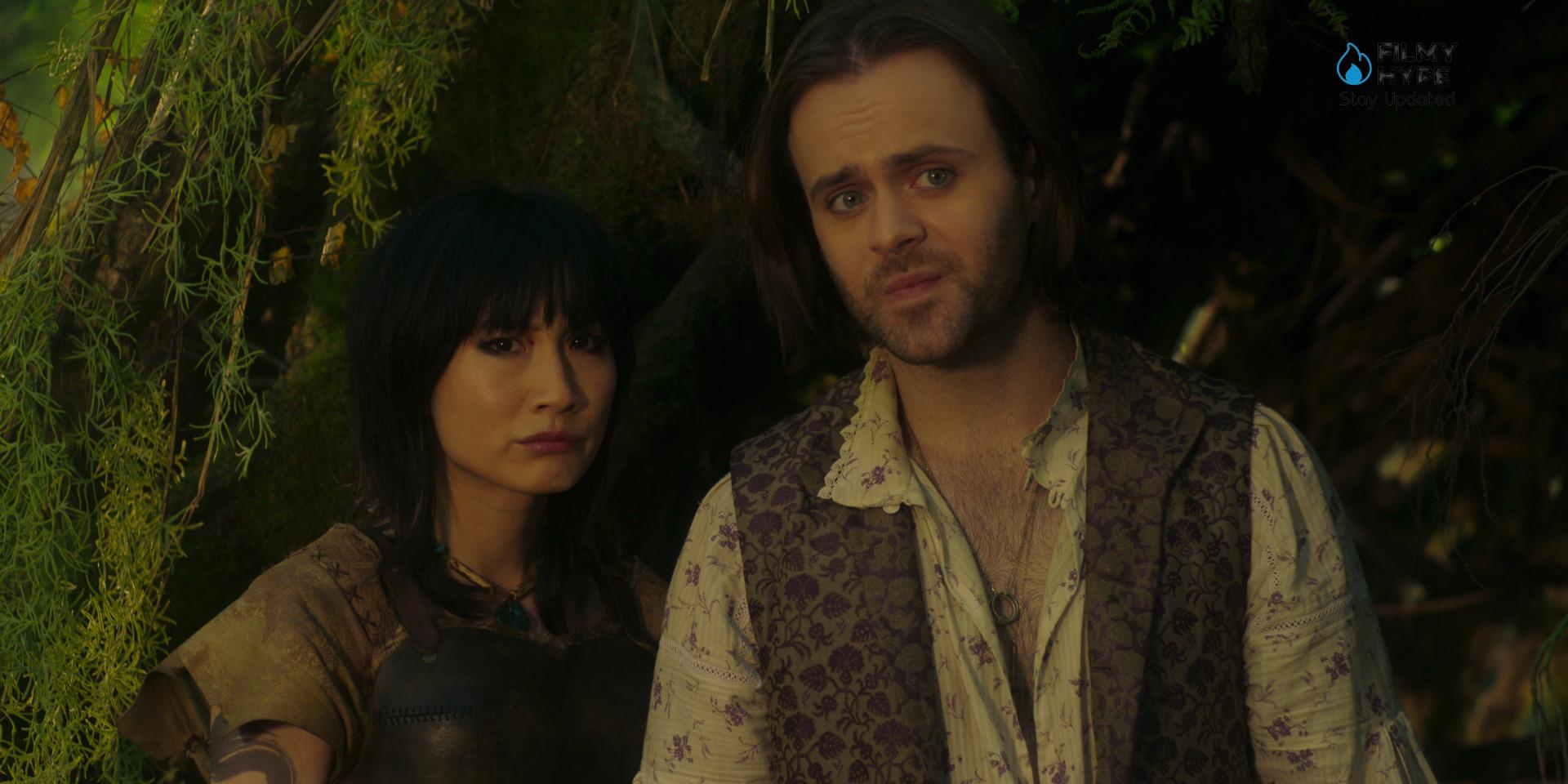
The last of the three episodes keep the technical and narrative quality high, allowing us to attribute a largely positive verdict without hesitation to the second part of the series, albeit with a little bitterness in the mouth due to the mismanagement of the showdown in Aretuza. The authors demonstrate that they have learned from the mistakes of the past and that they have firmly taken the reins of the narrative: more than a final act, the last episode almost seems like an introduction to the next adventure, which – strikes permitting! – should be out in a few years. The skein unravels (also thanks to some unexpected deaths), and our heroes set off on a journey: Geralt seems to have regained his best shape, he transforms definitively from a hired monster hunter to a reluctant hero, and his path now seems to lead him towards a truly compelling horizon.
Unfortunately, however, it’s already time to say goodbye: in the last few minutes the foundations are laid for the fourth season and a new spin-off miniseries, but so far nothing suggests the handover between Cavill and Hemsworth. The only problem is that this passage is now a reality, and the restart will require reinventing the entire series, in an attempt to find a solid narrative foothold that allows us to justify the change of actor. Ultimately, The Witcher Season 3 has the undoubted merit of marking a clear step forward compared to the previous season and allowing us to celebrate the farewell of its star protagonist in the best possible way. However, the serious demerit remains, to be shared equally with last season, of not having been able to lay lasting narrative and iconographic foundations. The Witcher remains a deeply Cavill-centric show, perhaps too weak to survive the change of baton. As lovers of the saga, of course, we hope we’re wrong…
The Witcher Season 3 Volume 2 Review: The Last Words
The Witcher Season 3 Volume 2 immediately shows the intention to recover the trust of the fans: an impressive production, spectacular fights, and a cast that is more than ever in part surrounding an adaptation that is finally closer to Sapkowski’s novels. However, some narrative solutions, thanks to the obstinate attraction of the platform towards certain completely unnecessary dynamics, risk making it even more difficult to understand where Strigo wants to go. The show seems to have reached a certain maturity, yet the wrong choices by the authors remain the main problem of a series that struggles to find its identity and moves towards an increasingly uncertain future. The final act of The Witcher 3 stumbles from start, turn and close on a very positive note, which charts a new direction for the future of the saga. However, the regret remains for the inability of the series to lay solid foundations, able to survive the farewell of Henry Cavill.



